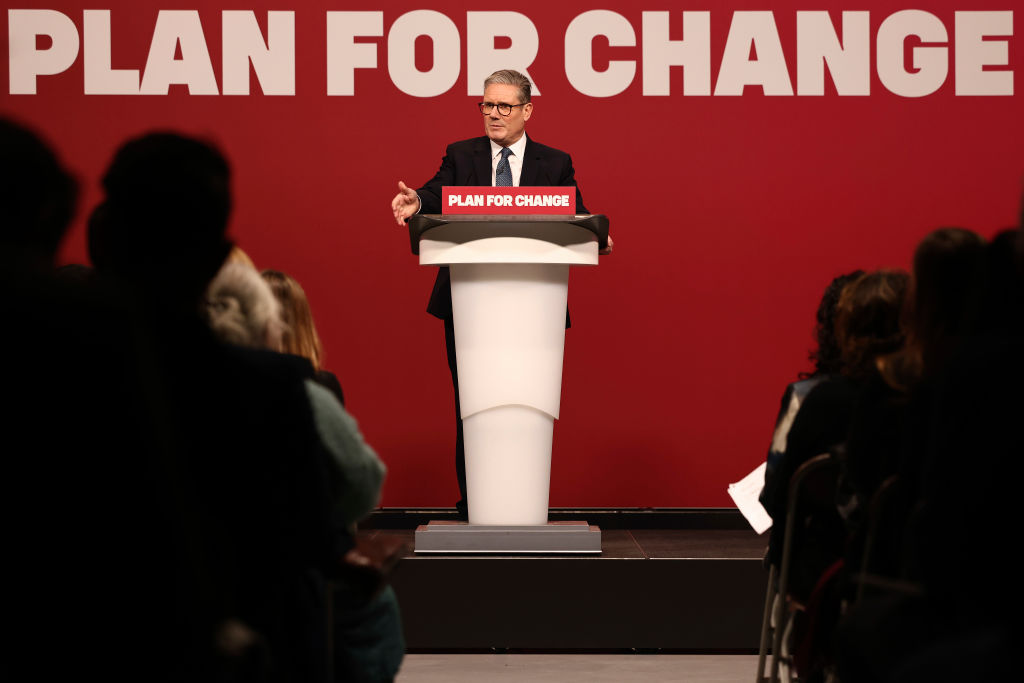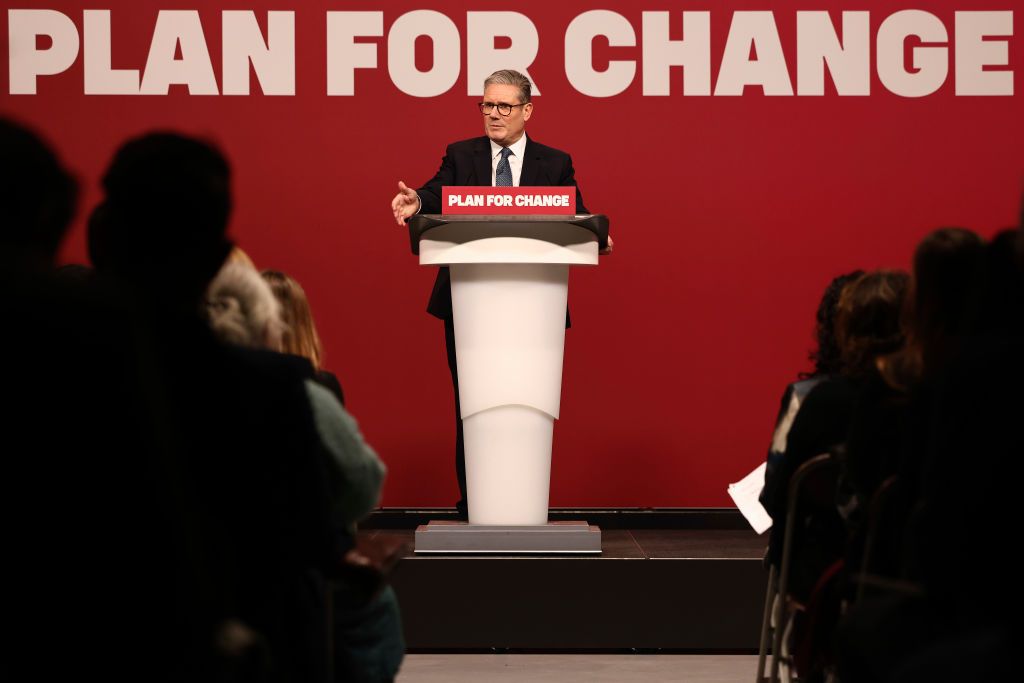
Prime Minister Keir Starmer has outlined a ‘Plan for Change’ to clarify the government’s priorities and give the public a benchmark to measure it by.
It comes after chancellor Rachel Reeves used her first Autumn Budget in October to outline £40 billion of tax rises, which the government has blamed on a spending inheritance left by the previous Tory government.
In a speech at Pinewood Studios in Buckinghamshire, Starmer outlined six milestones that he said would help the public “hold our feet to the fire”.
Sign up to Money Morning
Don’t miss the latest investment and personal finances news, market analysis, plus money-saving tips with our free twice-daily newsletter
Don’t miss the latest investment and personal finances news, market analysis, plus money-saving tips with our free twice-daily newsletter
The Prime Minister’s Office said: “The milestones relate to areas that the UK government has a direct role in delivering. As we deliver these milestones, where they are devolved matters, we will work in partnership to share best practice and align effort.
“Publishing these now will galvanise the effort of government and the country, and will mean every person in this country can see exactly how we measure up to the things that matter to them.
“We will not get everything right. No government can. But accountability is vital.”
It has been described as an “emergency reset” by the Conservatives.
Here is what the government is promising.
Raising living standards
The government has pledged to raise living standards in every part of the UK so working people have “more money in their pocket”.
Starmer said the government is aiming to deliver the highest sustained growth in the G7.
This government has already raised the national living wage but critics will also point out that wealth taxes such as capital gains tax have been increased while inheritance tax reliefs are to be restricted.
Employer national insurance is also being increased, which companies warn will lead to hiring freezes and low pay growth.
There are also warnings that public sector pay rises and rising energy could push up inflation, meaning higher bills and falling living standards.
Rebuilding Britain
The government has a target of building 1.5 million homes in England by reforming the planning system.
Planning decisions will be fast-tracked on at least 150 major economic infrastructure projects.
Starmer suggested this would mean homeownership doesn’t move further away from working families.
Labour faces a big challenge though.
The latest Office for National Statistics data shows 37,140 new homes were built between January and March 2024. It puts the UK on track to build just 153,000 home this year – the lowest since 2016.
It is also unclear if any action will be taken on affordability as mortgage rates may be dropping but are higher than in recent years while house price growth has hit two-year highs.
Ending hospital backlogs
Labour wants to meet the NHS standard of 92% of patients in England waiting no longer than 18 weeks for elective treatment.
A more healthy population ultimately helps put people back into work and reduces benefit bills.
The government will aim to do this through new local neighbourhood health services and by rolling out new technology in the NHS to make the systems more efficient.
Safer streets
Starmer has promised to put police back on the beat.
He said there would be a named officer for every neighbourhood and 13,000 additional officers, police community support officers, and special constables.
Giving children the best start in life
Labour has set a target of 75% of five-year-olds in England being ready to learn when they start school.
Securing home-grown energy
Energy bills have remained high since Russia’s invasion of Ukraine in 2022 and amid Middle East tensions.
One way to reduce gas and electricity costs is to generate more local supply, which is why Starmer has pledged for the country to use at least 95% clean power by 2030, while accelerating the UK to net zero.
The government will aim to do this through Great British Energy, which will back homegrown clean energy pioneers and projects.
The response, so far, has been mixed.
John O’Connell, chief executive of the TaxPayers’ Alliance, said: “The prime minister’s muddle of metaphors can’t hide the fact that this is little more than a reheated version of previous speeches.
“Keir Starmer has correctly identified some of the core issues facing this country, including the lethargic nature of Whitehall. But rather than taking the difficult steps to solve them, he’s delivering government by platitude.
“Instead of subjecting taxpayers to tedious monologues, he should focus on the reform and growth that they deserve.”
The Institute for Government said the move away from words and ambitions to numbers and deadlines is designed to ramp up urgency across government and demonstrate progress to the electorate, which is a “necessary move, and a risky one”.
The thinktank said: “Targets can be powerful tools for improving services by focusing activity on specific objectives, increasing accountability, and incentivising deeper analysis of the causes of performance problems. But poorly designed targets can damage performance by reducing the ability of front-line staff to use their professional judgment and incentivising them to prioritise easy wins or ignore important issues.”



